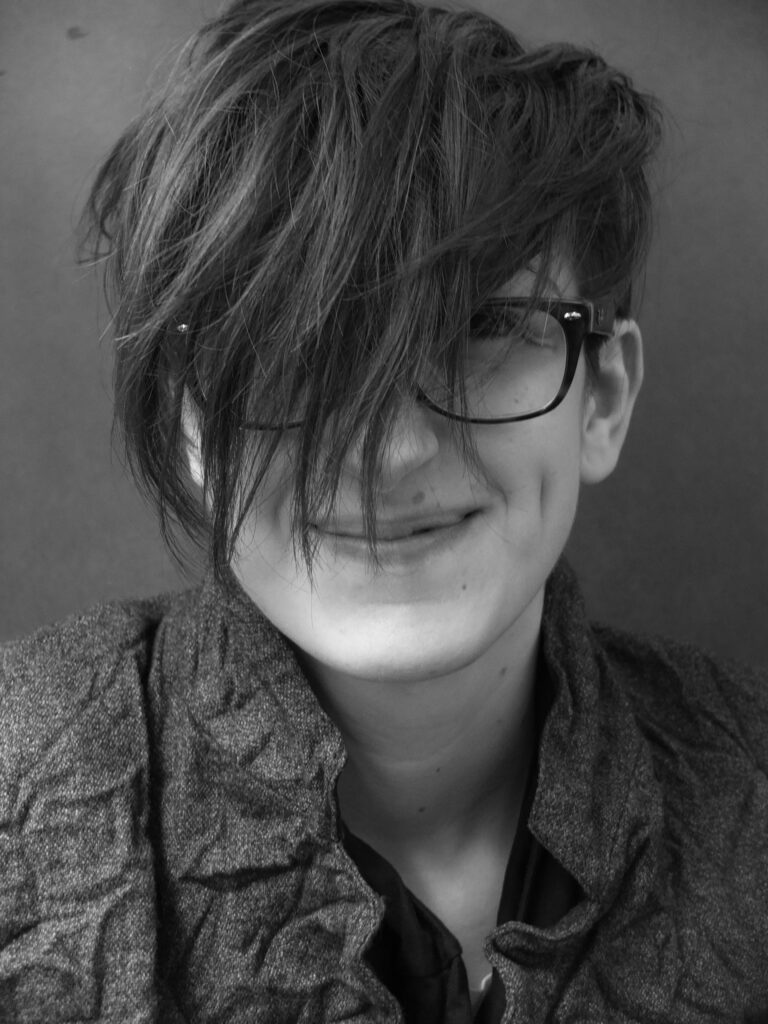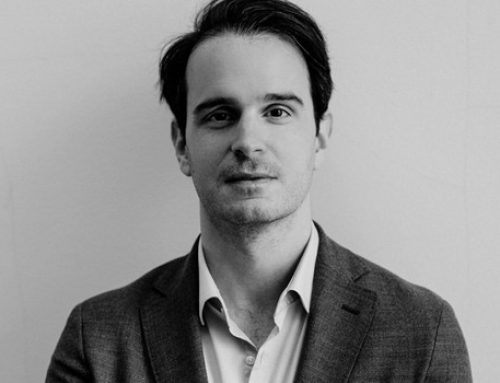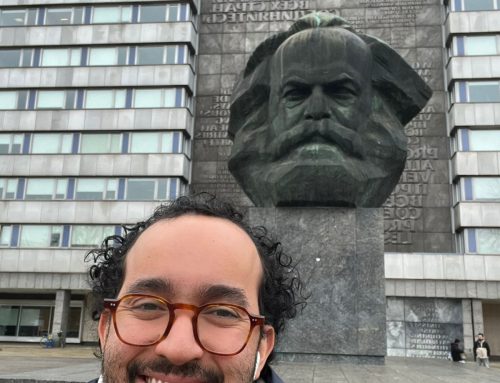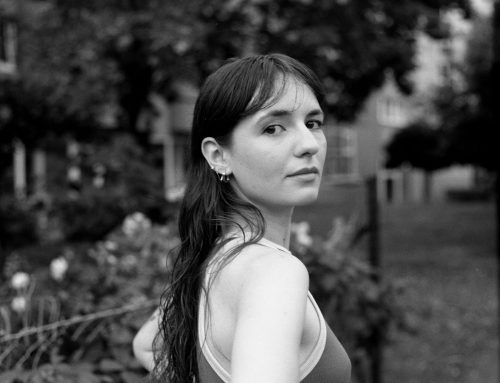CAS SEE Seminars with Guests: Tamara Kolarić
Home- CAS SEE Seminars with Guests: Tamara Kolarić

Hidden Dialogues with the Past? Homeland War in Croatian Cinema
On Thursday, June 23rd at 12 am (CET), we will host the CAS SEE Seminar with Tamara Kolarić, presented by our Fellow Nikolina Židek.
In my seminar lecture, based on my PhD research – which was completed in 2019, but which continues to strongly inform my present-day work – I will present one way of understanding the film-memory dynamics in the Croatian context. My approach evolved from what felt like a pressing question: once a clear narrative had been established about the ‘Homeland War’, what, if anything, have films been “doing” to that narrative? How present is war in Croatian cinema since the end of the war – and when it is present, how is it being addressed? Drawing on the work of James Wertsch and his reading of Mikhail Bakhtin, I developed a framework of looking at Croatian films as being in continuous hidden dialogue with the official memory narrative, and have tried to identify particular types of responses to that narrative. Through analysis of all feature fiction films made in Croatia (as sole productions or majority co-productions) between 2001 and 2014, I identified three groups of films with regard to their strategies of engaging with the dominant memory narrative: films dealing with the past, which dialogically challenge the dominant narrative, reject it through failed polyphony or trauma-silence, or affirm the dominant narrative; films bypassing the past by focusing on the present, depoliticizing and challenging the dominant narrative limitedly; and finally, films assuming the past, which provide cues for a particular war narrative to be “written in,” thus maintaining or subverting the dominant narrative in a particular way. In my presentation, I will be discussing my methodological approach, conceptual framework, and findings, which hopefully point to the necessity to study film – and cultural artefacts in general – both more frequently and more systematically as part of the post-Yugoslav memory research. But I will also take the opportunity to reflect critically on my own approach and its limitations.
Join Zoom Meeting
https://us02web.zoom.us/j/81677430945?pwd=cXZDQ25WbEpPbUZKRkJyN0FNZGhKUT09
Meeting ID: 816 7743 0945
Passcode: 207627
https://youtu.be/3L6GIsXqeMA
Watch Video
UNIRI The Moise Palace: Cres Island
An education center of the University of Rijeka is five-hundred-year-old patrician townhouse and the largest Renaissance palace on the Croatian islands. A venue and forum for various scientific and research activities, it welcomes visiting academics, students
News
CAS SEE latest posts
14 June 2022 Workshop on Social Research in Societies in Transition Workshop on Social Research in Societies in Transition Home Workshop on Social Research in Societies… Read More
09 June 2022 Countering the Far-Right: Regional and Local Approaches for Action Countering the Far-Right: Regional and Local Approaches for Action Home Countering the Far-Right: Regional… Read More
14 June 2022 Day of E-learning at the University of Rijeka: e-course Interaction Design and Sustainability Day of E-learning at the University of Rijeka: e-course Interaction Design and Sustainability Home Day… Read More




